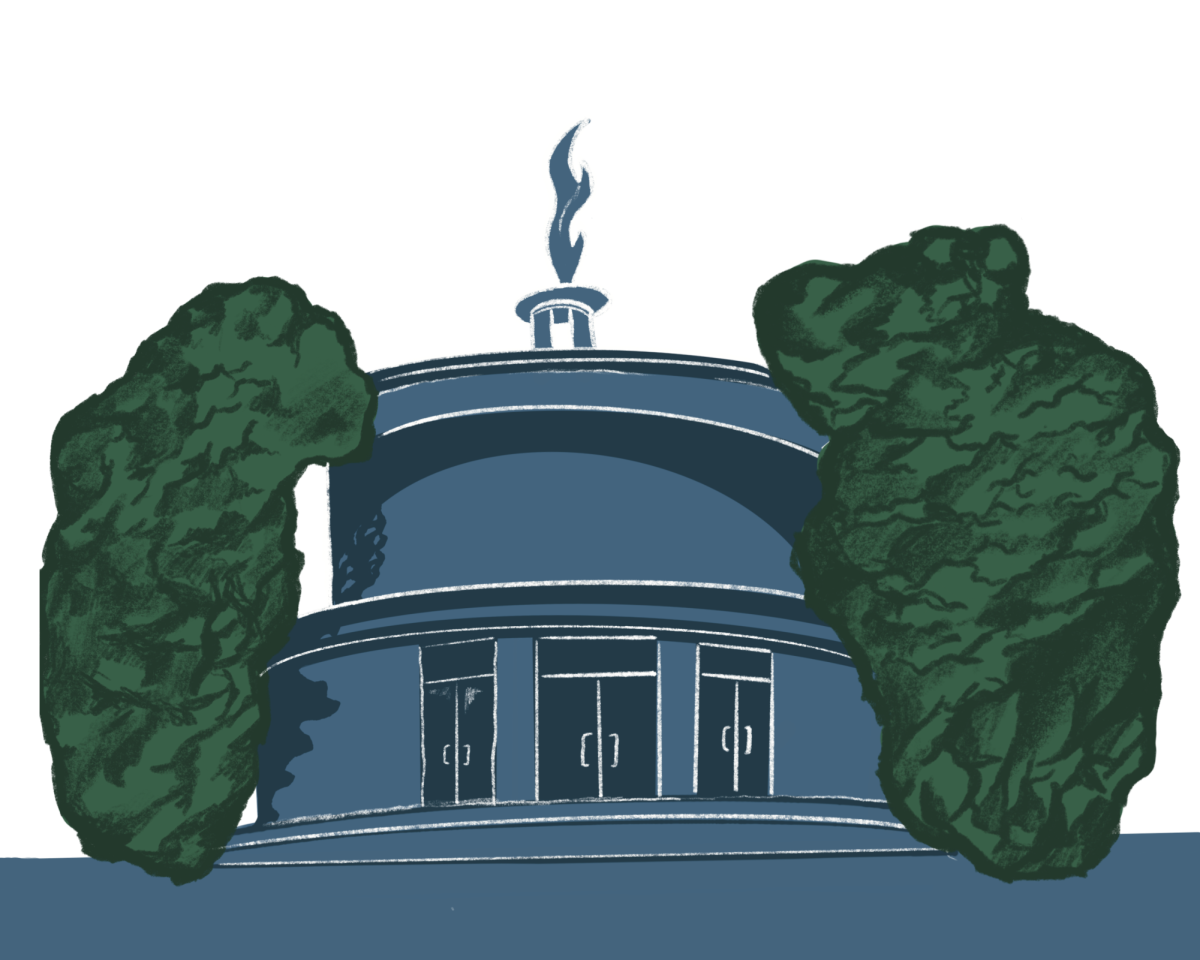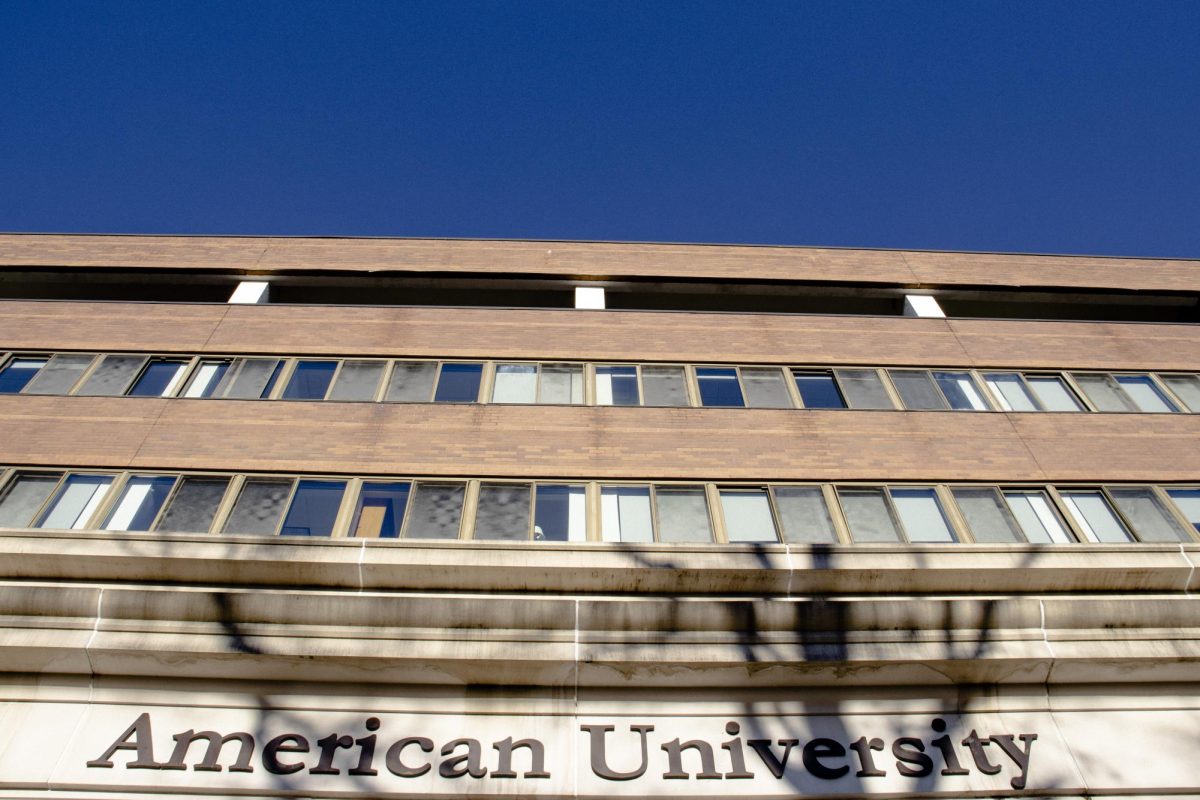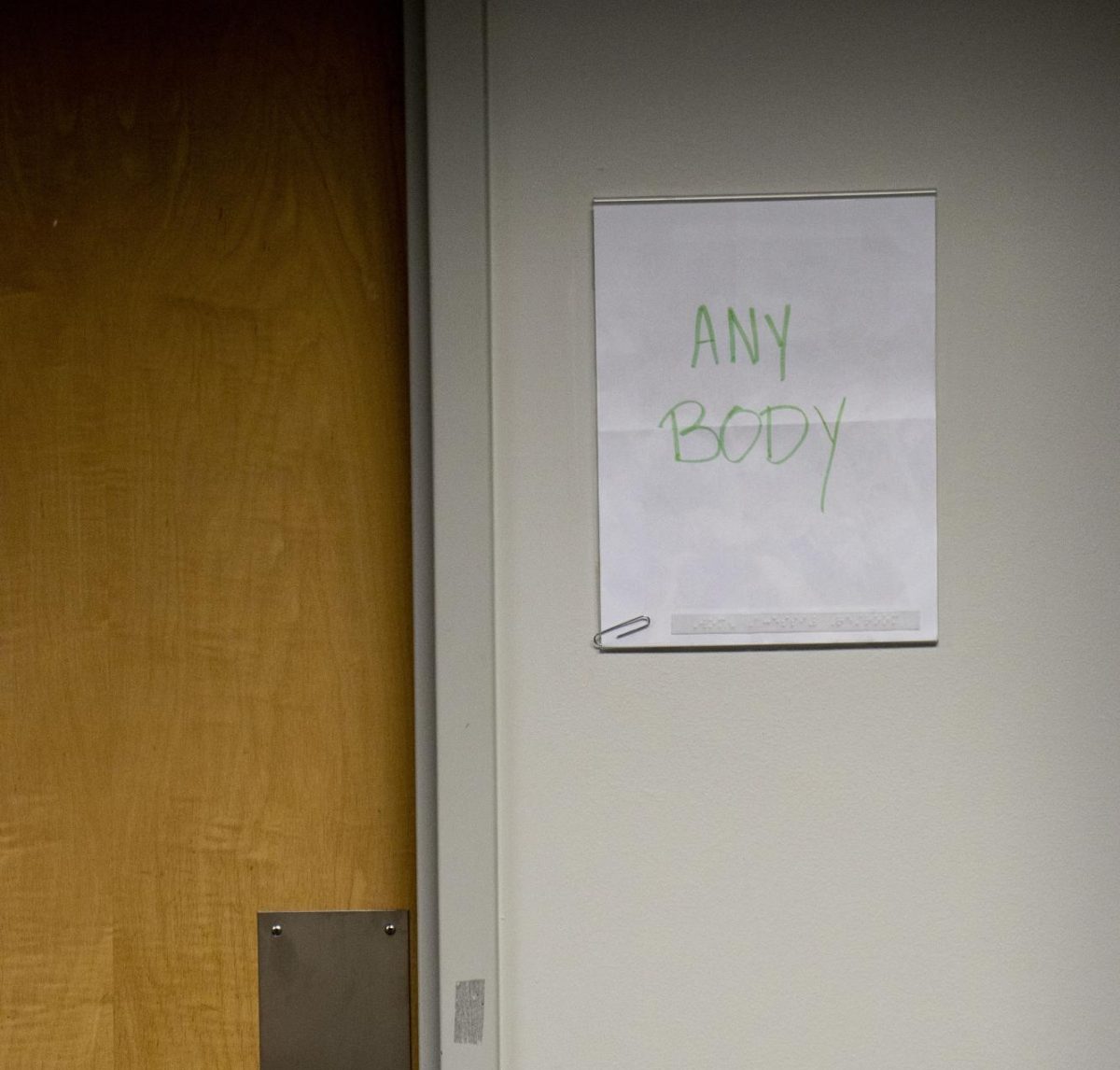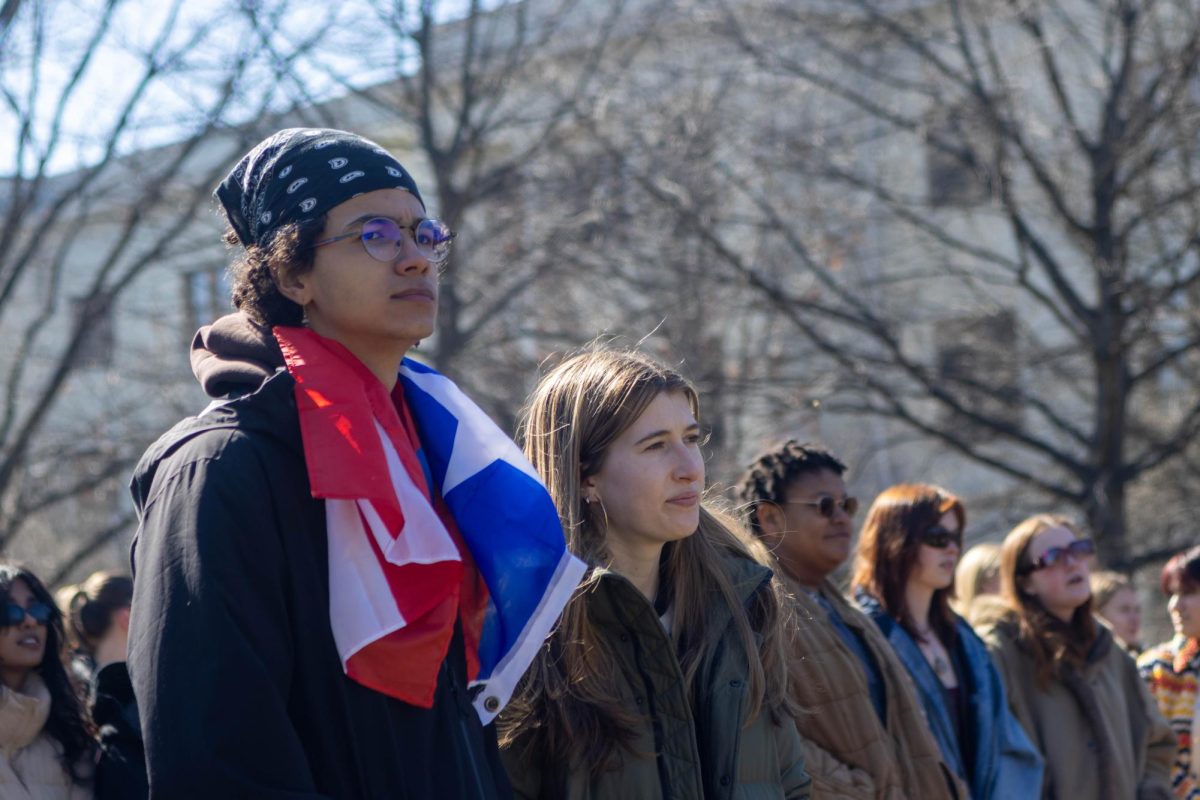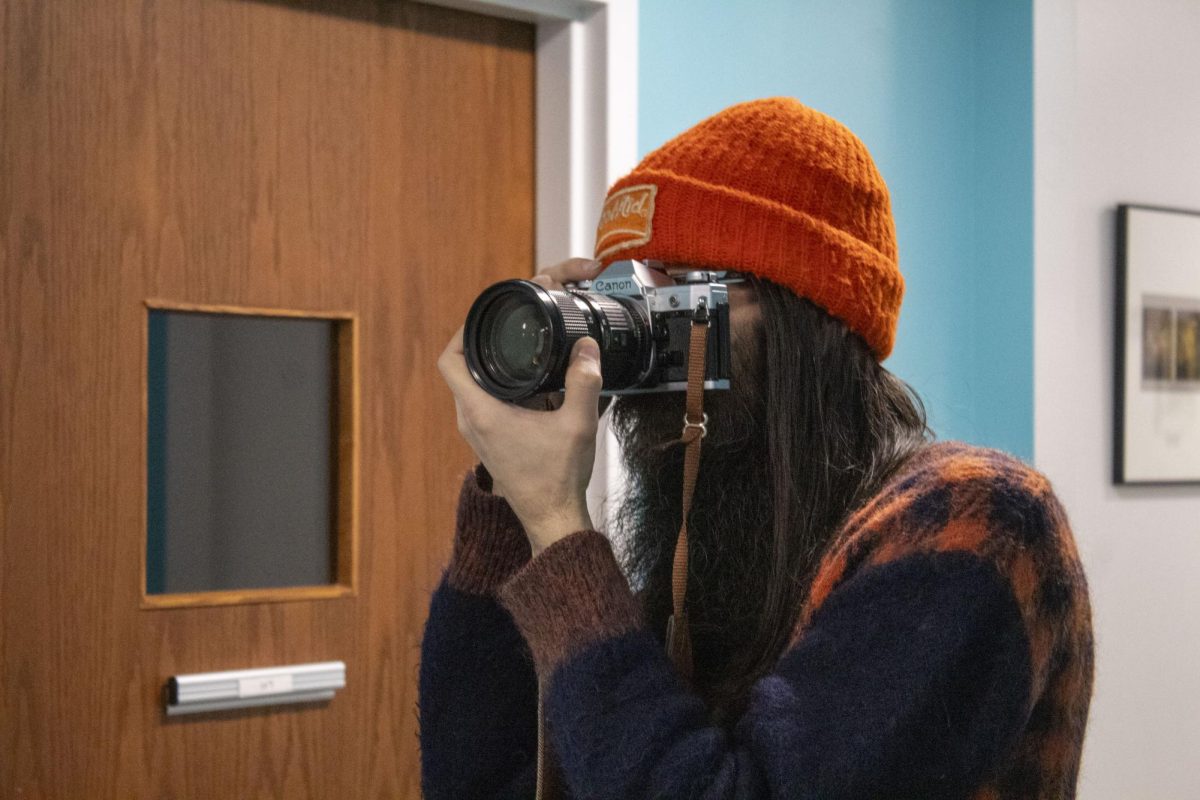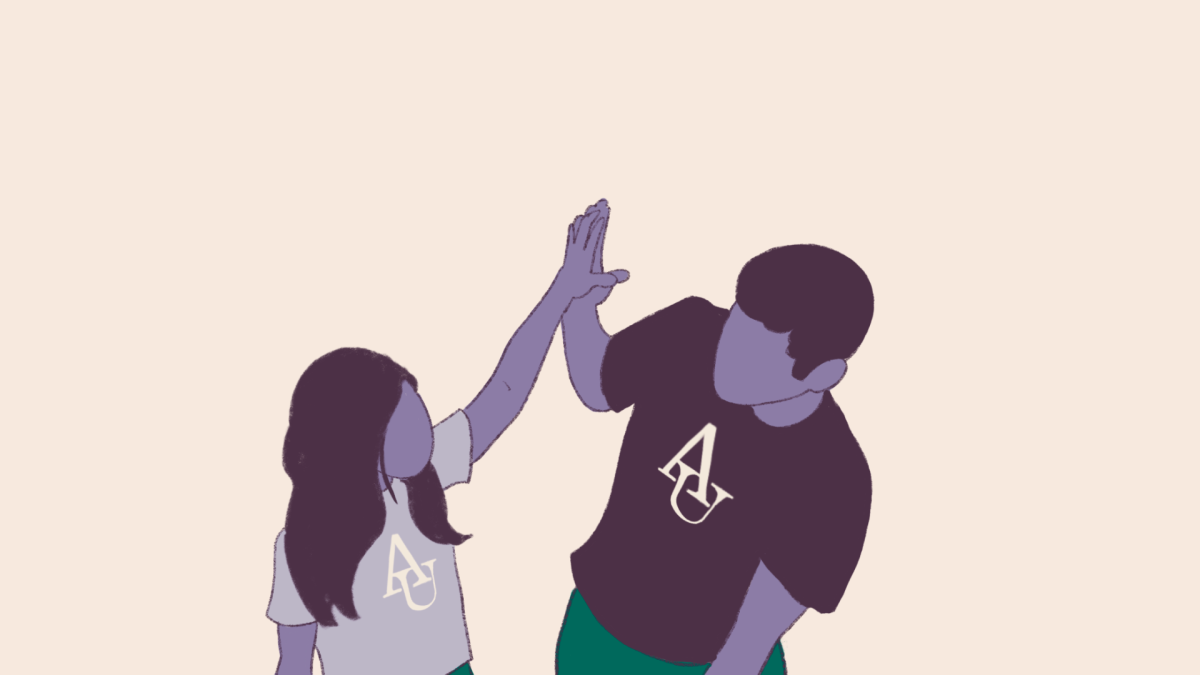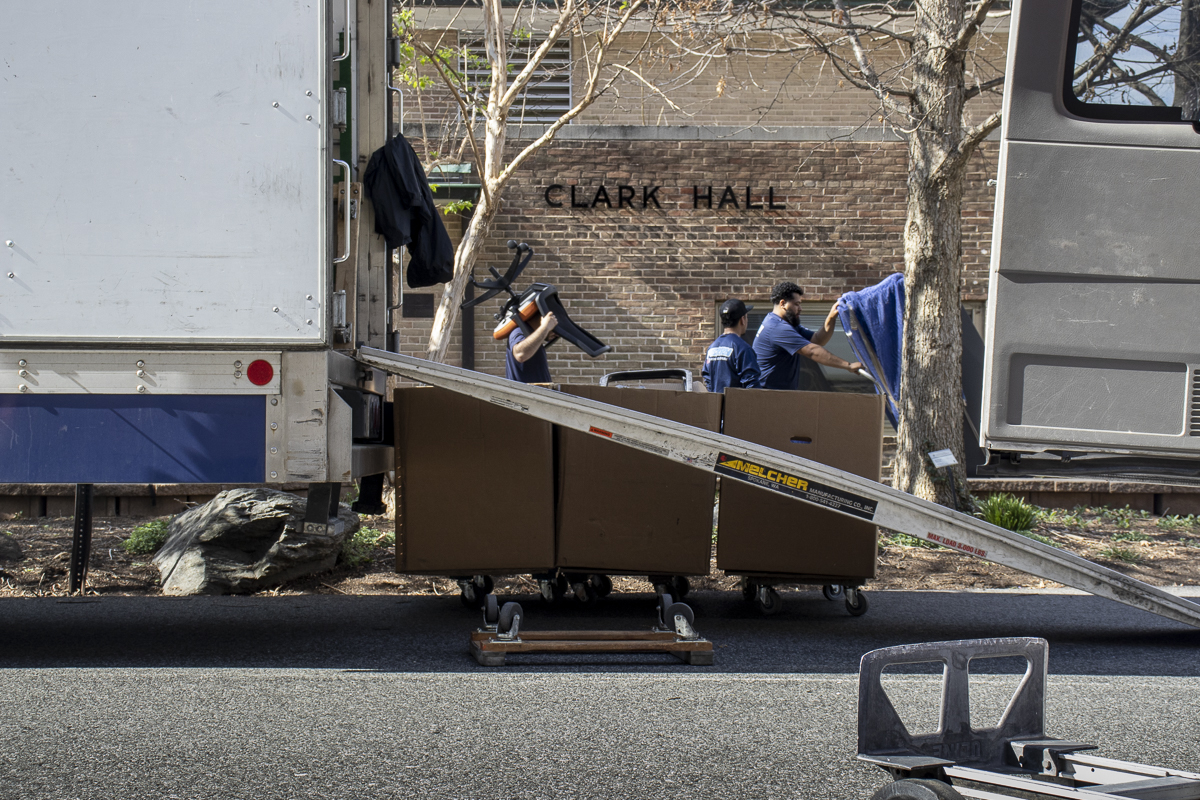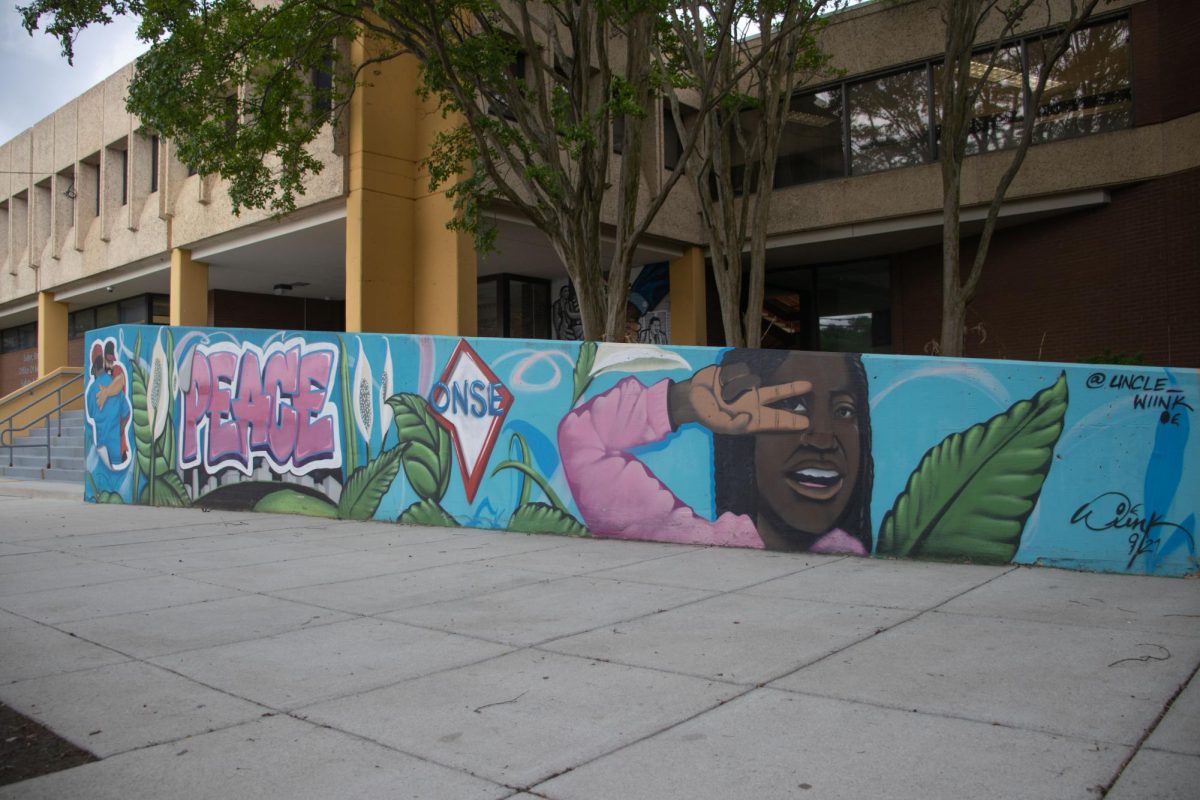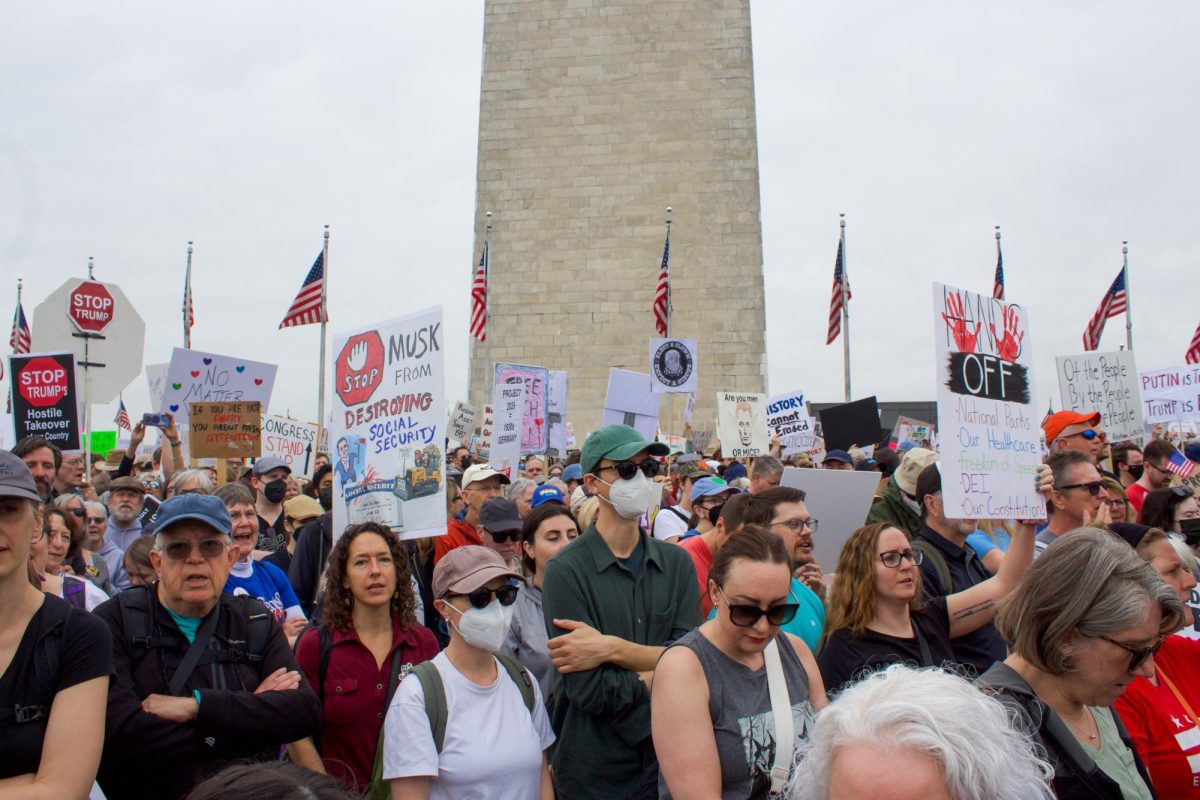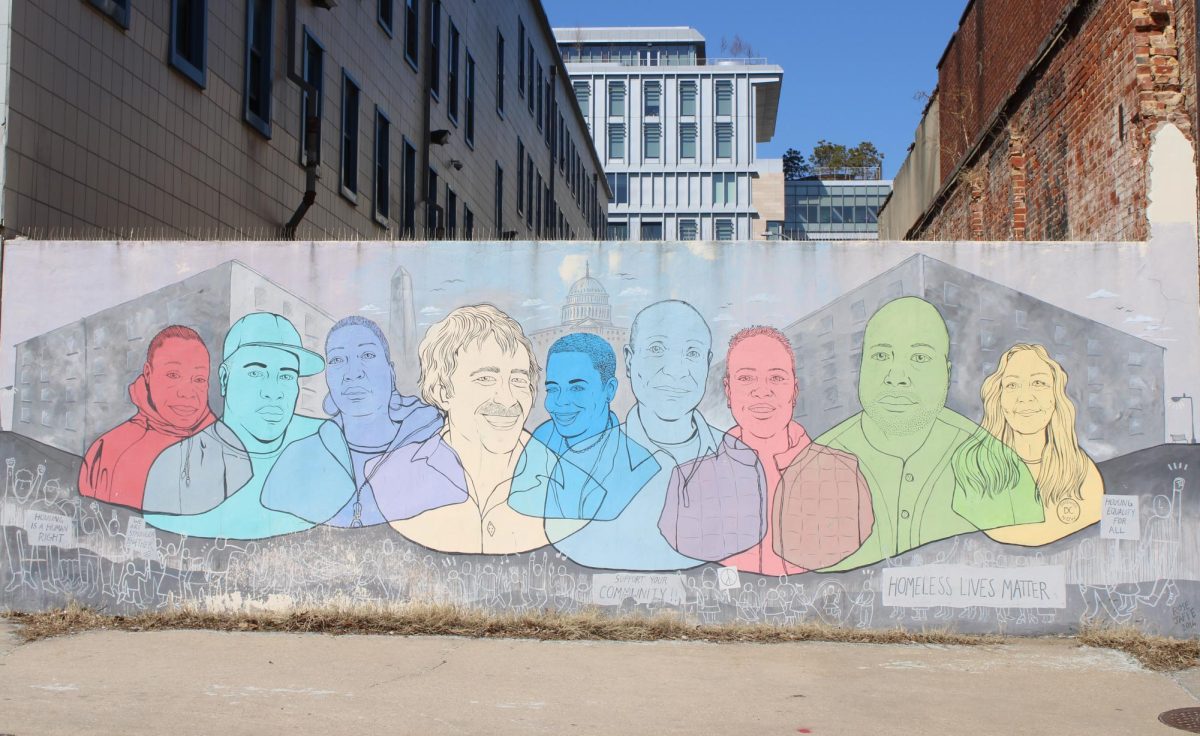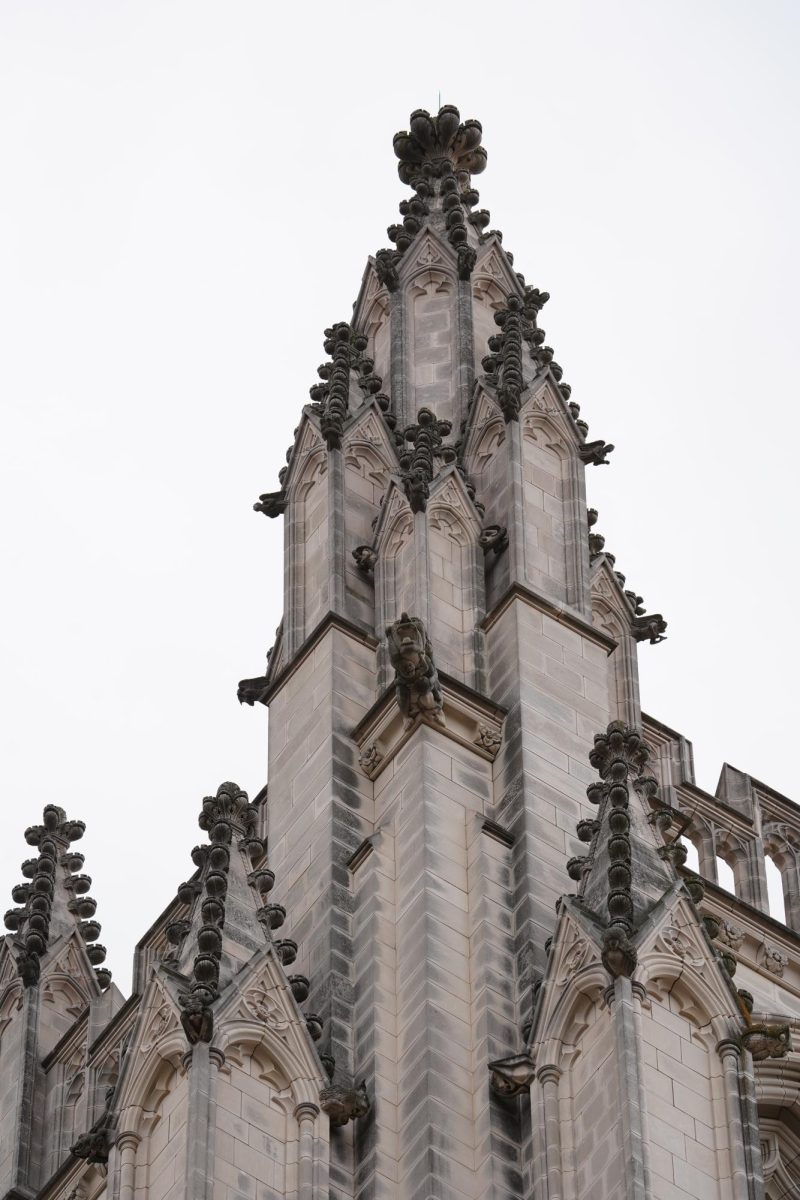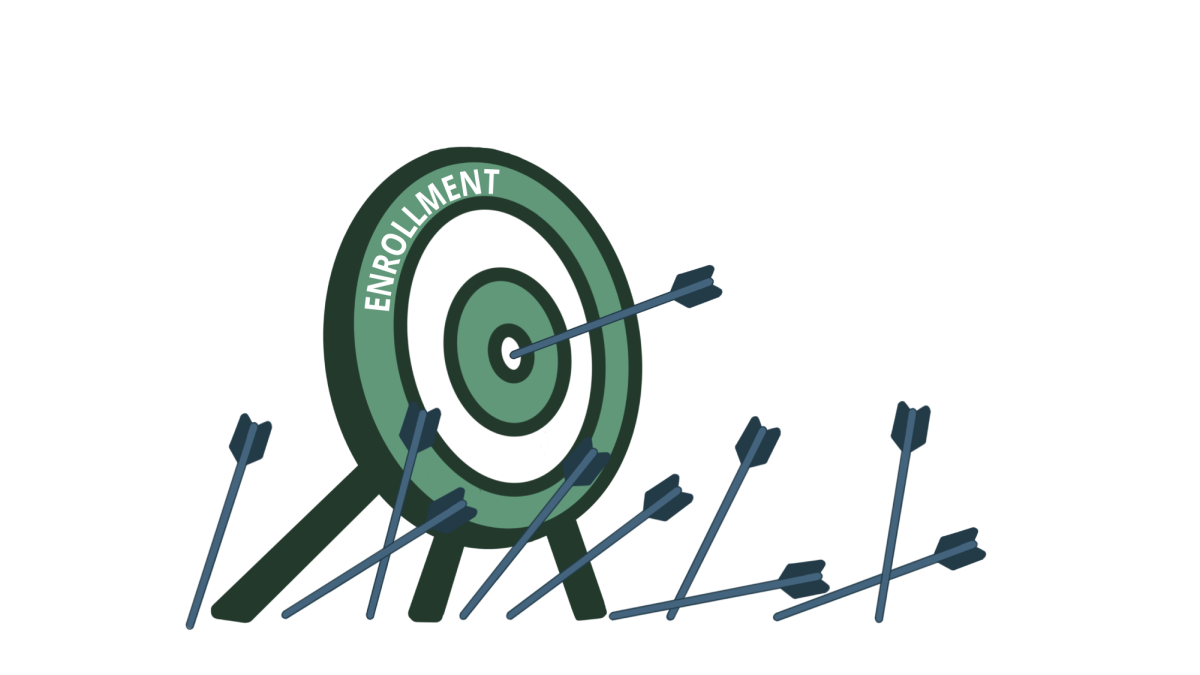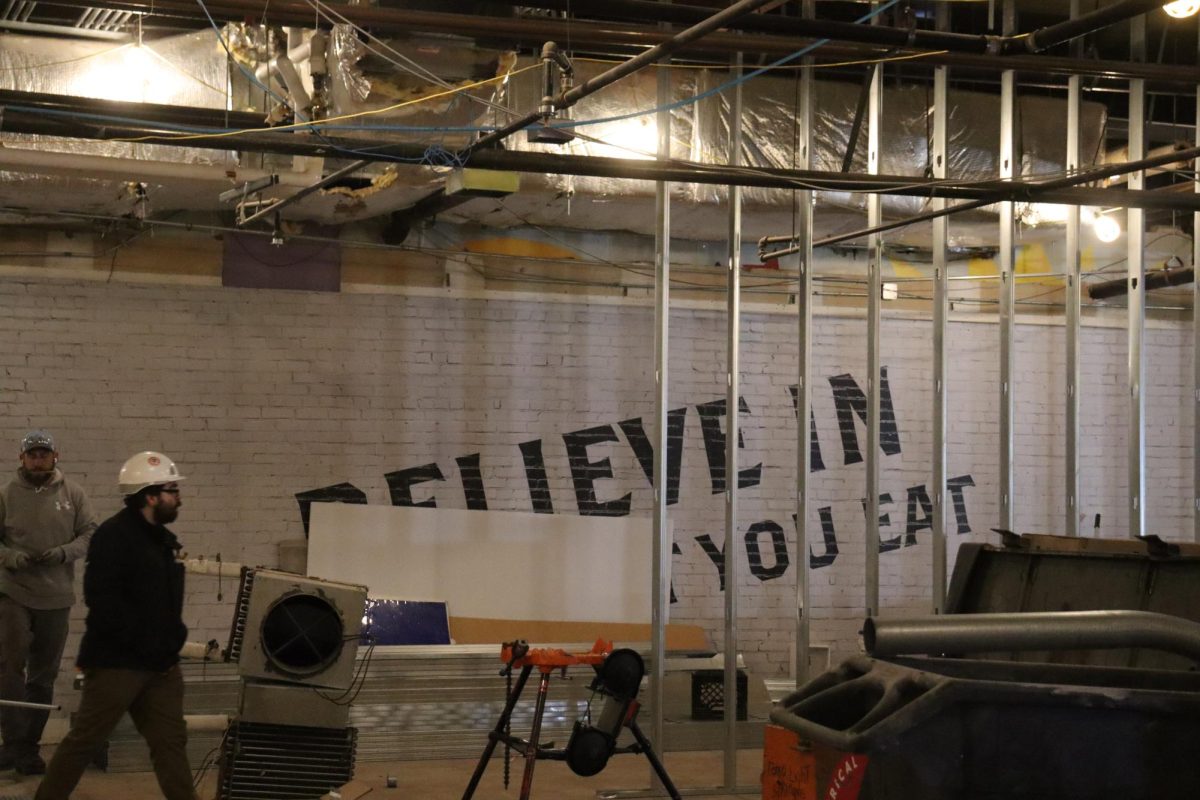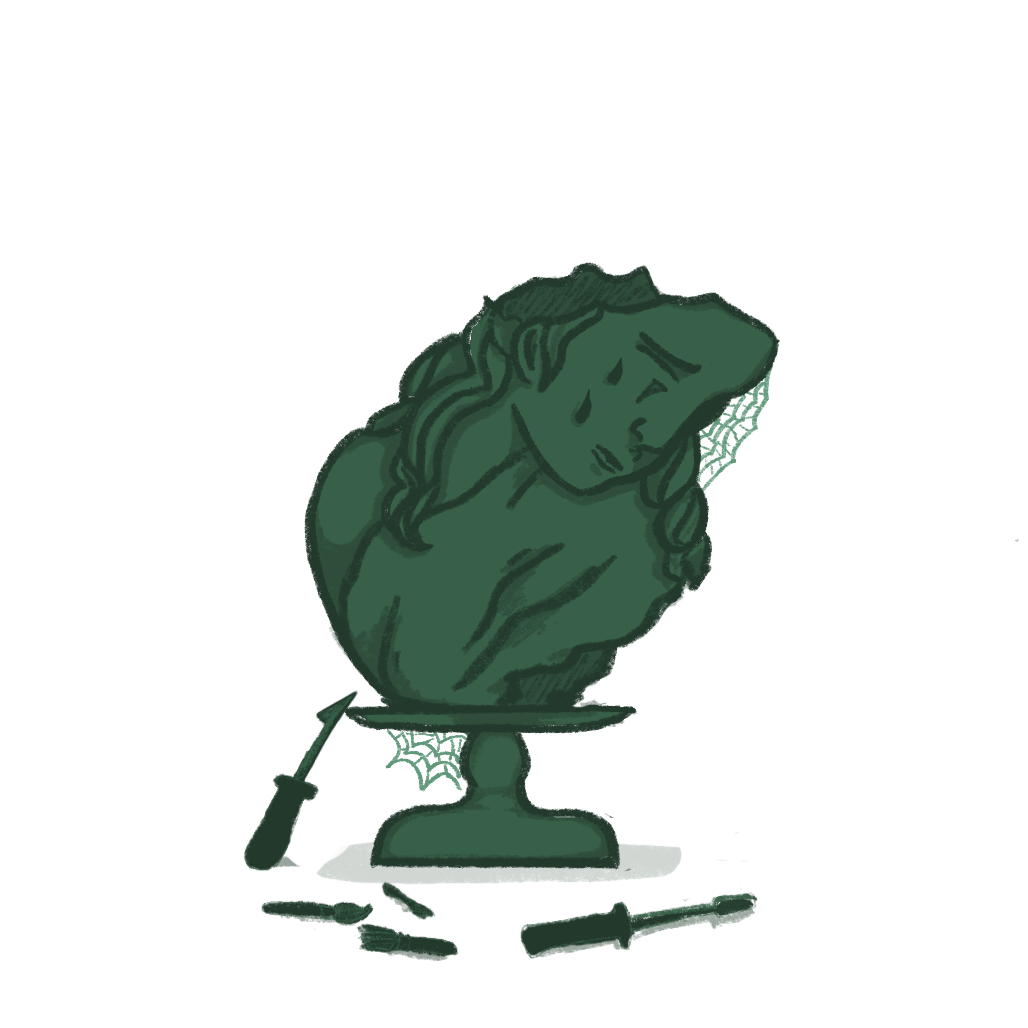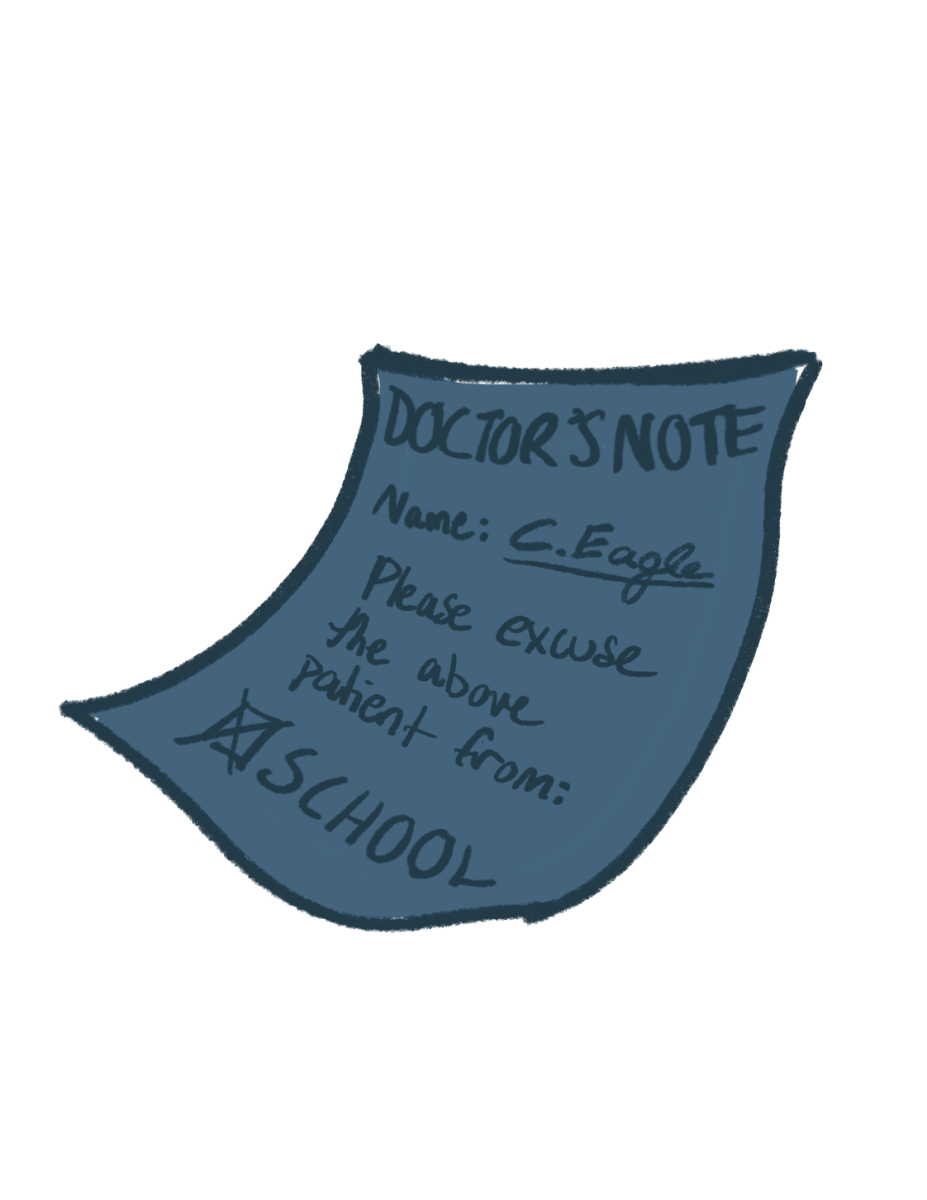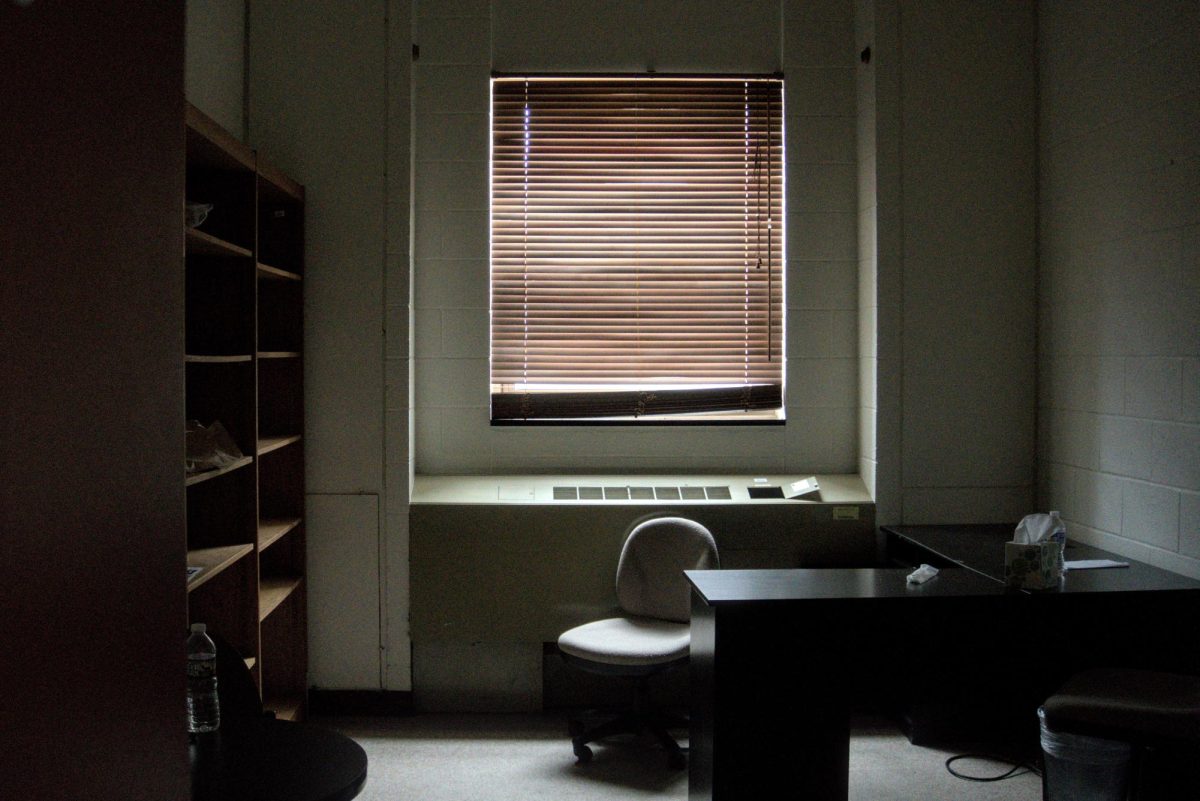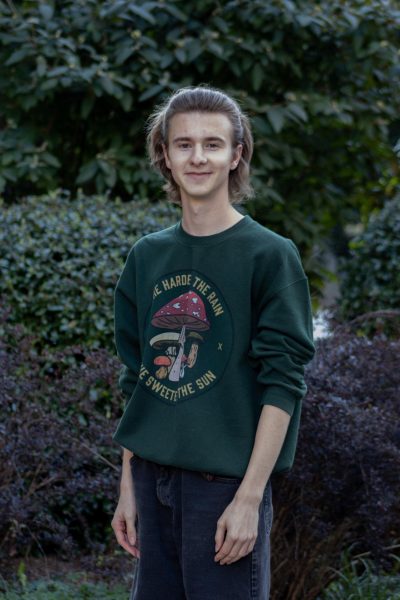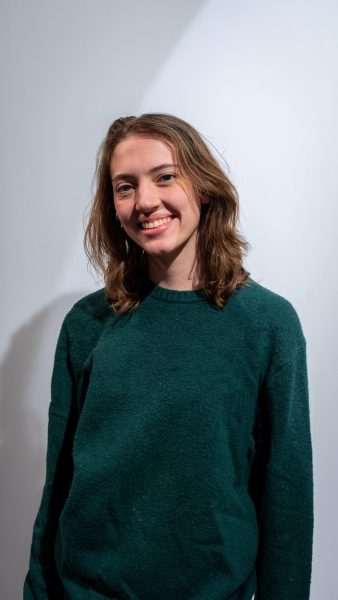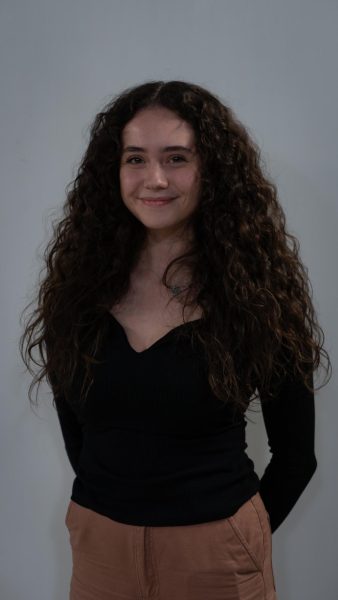Taha Vahanvaty was born into his Muslim faith.
A sophomore at American University, Vahanvaty said his friends joke that he is “mega Muslim” because of how he talks about his faith. For Vahanvaty, exploring his Muslim identity connects him to his community.
Vahanvaty and his friend Melia Klingler co-founded the Interfaith Club in August 2023 for students to discuss their faith with others. Vahanvaty said when he co-founded the club, there were interfaith events at AU but no institution for interfaith conversations.
Vahanvaty said it is important to emphasize understanding during the Interfaith Club’s dialogues.
“Our goal isn’t to sift through conflicts that are happening across the world,” Vahanvaty said. “Our goal is to understand people.”
For students and clergy members, religion provides a space of comfort. Religious spaces at and near AU have made efforts to foster conversation and community.
Colleges are seeing a rise in antisemitism and Islamophobia, according to a Nov. 21, 2023, email sent by AU President Sylvia Burwell.
The rise is linked to the present conflict in the Israel-Hamas war. AU students have organized rallies, protests and vigils as a response to the war and the university administration’s response to protests on campus.
Vahanvaty said the Islamophobia he faces comes from apathy toward the Muslim community rather than antagonism. He said that this apathy makes him feel invisible.
Vahanvaty said religion is often kept private. However, that can foster ignorance about an important part of people’s identities, Vahanvaty said. Instead, he said the solution is curiosity and the pursuit of knowledge.
“What makes me feel very cared about is when people are genuinely curious about Islam,” Vahanvaty said.
He said this is not done to promote his religion; it’s more personal.
“It’s done out of a place of, ‘Hey, this is somebody that doesn’t necessarily just care about knowing more about the religion, but cares to know more about me,’” Vahanvaty said.
Sophomore Ido Leidner was a first-year when an antisemitic incident took place on the floor below him in Anderson Hall, according to a 2022 message to the AU community. As a Jewish student, Leidner said he was shaken.
At AU, antisemitic and Islamophobic incidents have continued. A threatening note was left under the office door of a Palestinian professor in Kerwin Hall, according to an Oct. 25, 2023, email from Burwell. That email was sent five days after an Oct. 20, 2023, email about swastikas and a Nazi slogan that were left in a bathroom and on the doors of two Jewish students in Letts Hall.
Leidner said he has seen politics interjected into religious spaces at AU. While he said that some political issues can be advocated for on religious platforms, he also said that politicizing religious spaces can be counterintuitive to the community that they are trying to fulfill. He said understanding is needed to create change.
“To project politics into those religious spaces is a lot of times what creates this hesitation, animosity, all these kinds of feelings, which often drive a lot of religious groups apart,” Leidner said.
Leidner said he thinks bigotry has cut off avenues for different faith communities to interact, especially on college campuses. Leidner, who said he has attended Interfaith Club events, said the club creates a space for people who are willing to interact with other faiths.
The Interfaith Club’s model for discussions is based on being “informed, exposed and challenged,” Vahanvaty said. He said this model helps members address misconceptions about different faith communities and invites disagreement. As a Muslim, he said he is often put on the defensive when people ask him to answer questions about their own misconceptions of Islam.
“When we invite disagreement, it’s a much more productive way of engaging in challenging topics that don’t otherwise make people feel like they are on the offensive, nor on the defensive,” Vahanvaty said.
Vahanvaty said that the Interfaith Club is primed for constructive conversation. To him, conversation and learning are the solutions to apathy.
“This is the first environment, and for many people the only environment, in which their religious identity is continuously received with curiosity rather than just apathy,” Vahanvaty said.
The Kay Spiritual Life Center partners with 12 student groups, including the Interfaith Club, MSA, Hillel and the Hindu Student’s Association, according to the center’s website. Additionally, the center maintains partnerships with 18 total community partners representing diverse religious and spiritual beliefs at AU, Jasmine Pelaez, AU’s internal communications manager, said in an email to AWOL.
The center houses AU’s religious communities and is used as a synagogue, church, temple and mosque, according to the center’s welcome video. The Rev. Bryant Oskvig, AU’s University Chaplain, who prefers to be called Rev. O, said the center has a responsibility to ensure a safe space for people to gather and practice their traditions.
“Sometimes there can be tension in the midst of that,” Rev. O said. “But we do our best to try to make sure that all of the communities that function here respect that core responsibility.”
The staff at the center are looking into a permanent vigil space where people can gather to recognize tensions across the world, Rev. O said. They plan to have the chapel open for a quiet space for students who need time for prayer or reflection.
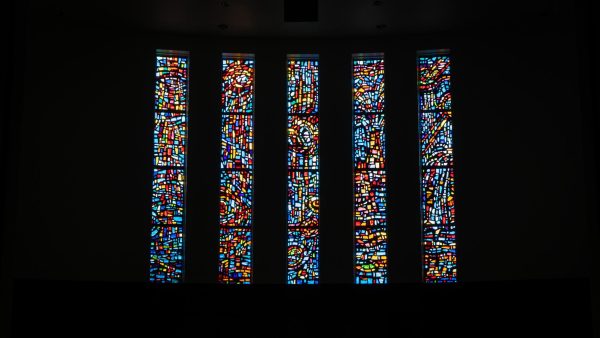
Rabbi Aaron Miller of Washington Hebrew Congregation is working to provide spiritual support by working with young adult members of the congregation to foster a sense of community. With rising
fears about what being Jewish on a college campus means, he said the congregation is offering programs to provide young adults with spiritual support. Much of the congregation’s college-age population comes from AU, Miller said.
“To be a part of a Jewish community is to be a part of the people who know and understand what it feels like to go through this,” Miller said. “We are able to lean on each other and lift each other up, support each other and walk with each other through this unbelievably scary time.”
For many members of the Jewish community, especially college students, a sense of community can be an even bigger part of their Jewish experience than just the faith, Miller said. Because Judaism is not exclusively a faith, there are many other facets of Jewish life that can be fulfilling for members seeking advice during crises, he said.
Miller said he thinks religious communities can connect people with those facets of life and shared experiences.
“[Trauma is] a part of being alive, and religion can give you a sense of community,” Miller said. “It can give you a past, and a story and people that have gone through trauma before you and have survived in some beautiful and profound ways.”
Embracing religious principles and acting on faith can also provide people with peace and guidance, Ghiyath Nakshbendi, a Kogod professor who has worked as a Muslim chaplain at AU since 2016, said in an email to AWOL.
“The foundational principles of any religion serve as a framework for individuals to navigate life’s challenges and find solace in times of distress,” Nakshbendi said.
Nakshbendi said AU’s Muslim Student Association is doing an excellent job addressing its members’ concerns and said that he always makes himself available to students who are undergoing any challenges.
MSA chose not to comment after requests from AWOL.
The Rev. Dr. Rachel Livingston, a pastor at the United Methodist Church across from East Campus, said peace should be the number one priority when living through times of immense distress or violence.
“The role of the church is to promote peace, promote God’s love, promote comfort, in any way that we can do that,” Livingston said.
Livingston also works as the United Methodist campus minister at AU’s Kay Spiritual Life Center. As the person in congregational care, Livingston said she provides a space for people to voice their opinions and concerns in response to specific issues like the Israel-Hamas war. She said she sits with people and has conversations with them about their feelings.
“Too often in society, we are uncomfortable with people’s feelings, and we like to silence them or put them in a box,” Livingston said. “Instead, I try to release my own discomfort and encourage people to feel their feelings and give them the permission to feel their feelings no matter what it is.”
Livingston said she gives people permission to be angry with God, herself or whomever they wish to be mad at the moment.
“I kind of allow people to voice those concerns, but I try to work with them to the point where they come back to God at the same time,” Livingston said.
Barbara Kraft also provides a space for people to gather and practice Soka Gakkai Buddhism. Kraft, who has been volunteering as AU’s SGI Buddhist chaplain for over 10 years, said the community within the religion was one of the reasons she continued practicing.
“Communication is really important, dialogue is really important to maintain a sense of community and support,” Kraft said. “Having a community that supports you and people who can share their experiences with you is what I found really helps.”
* * *
For students of different faith communities on campus, religion offers a way to cope with personal problems and world conflict.
Vishwa Bhatt, a senior at AU, said the Hindu Students Association and Interfaith Club connect her with other members of the Hindu faith on campus. That has helped her answer difficult spiritual questions, Bhatt said.
World crises, Bhatt said, have forced her to grapple with the reasoning behind her faith. She said she is often asked to pinpoint her religiosity back to one moment in time, but she can’t.
“I don’t believe in the idea of saying that I believe in God because God has done this ‘thing’ for me,” Bhatt said. “How can I say that when there are so many people who suffer that don’t need to suffer?”
Her faith is more rooted in the Hindu idea of cosmic justice, Bhatt said. Belief in justice beyond the visible is what Bhatt called a survival mechanism to help her grapple with problems around the world.
“How else can you exist in the world if you don’t believe that there will be justice eventually?” Bhatt said.
Anthony Bayyouk, a senior and Antiochian Orthodox Christian, said that people in the Orthodox community use their religious community to solve personal problems. Orthodox Christians will ask for advice from their priest, he said.
“It’s almost like a rock for people,” Bayyouk said. “I noticed a lot of people may not be very religious, but when a problem comes up in their life, then they turn to religion for help.”
During conflict, Momoca Federline, an AU alumna and SGI Buddhist practitioner, said she chants for the happiness of those going through tough times. Federline said she strayed away when she was younger, but after her first year at AU, she found herself chanting again.
“As I started chanting, I started to feel hope in my life,” Federline said. “When we’re chanting, we’re not getting anything external, it’s more of like, calling forth what’s within you.”
Federline said that the more she chants, the more she’s able to learn about herself. The chant “Nam Myoho Renge Kyo” is an expression of determination to embrace and manifest one’s Buddha nature, according to Sokka Gakkai Global’s website.
“Prayer is so profound,” she said. “Our lives are all connected. And I think the power of prayer is that. And when we chant for someone’s happiness, it really does connect to that person’s life. I think the best thing we can do is truly wish for that compassion to come forth from all of our lives for each other.”
For many religious students, a sense of community is important to their practice of faith. After coming to AU, Leidner said he had to become more active in observing his own religious traditions. He said he felt “bamboozled” when he almost forgot about Rosh Hashanah.
“I think it’s easy as college students to leave behind more spiritual, or emotional, cultural parts of themselves, because ‘I have a lot of assignments to do,’ or ‘I have that important test in the morning,’ or that work life balance that everybody’s really trying to get a good grasp on,” Leidner said. “Having that space, regardless of the religion, gives that chunk of time for you.”
Rev. O said there are always opportunities to partner with different organizations and increase people’s sense of belonging.
“There’s an opportunity, where it’s really easy to intersect with a sort of experience or explore someone else’s identity or experience of some belief,” Rev. O said.
“So here you are in your safe space. You’re in your community.”


